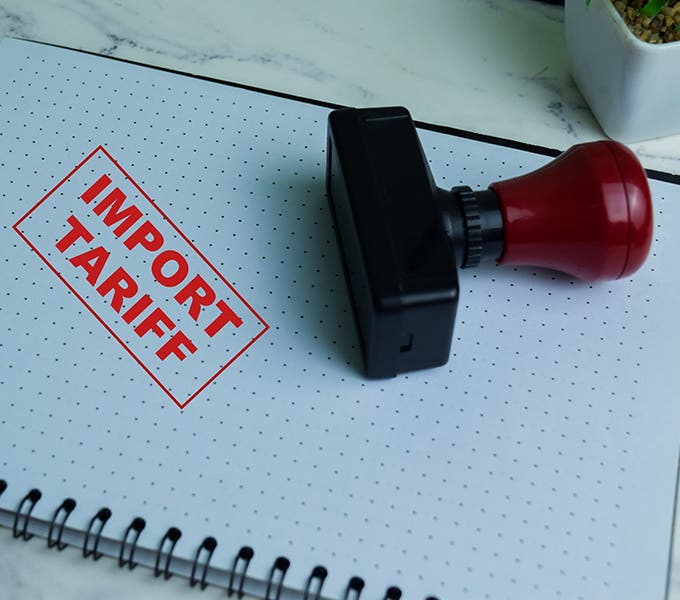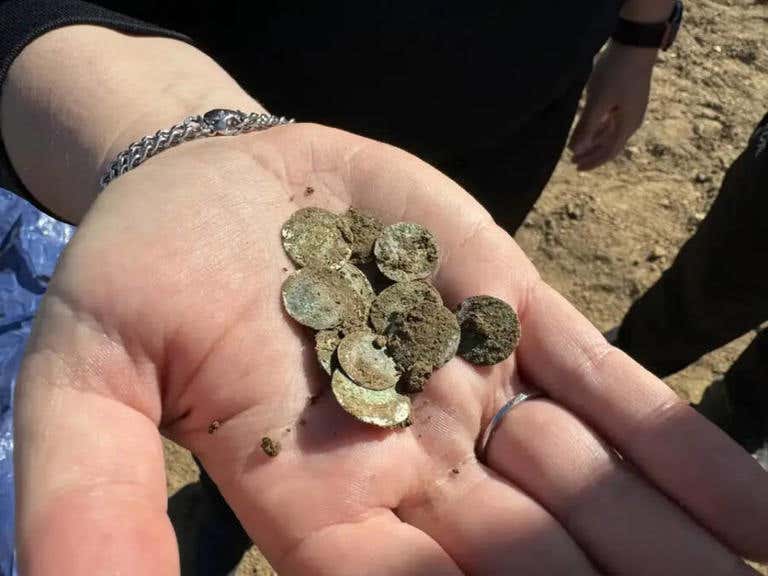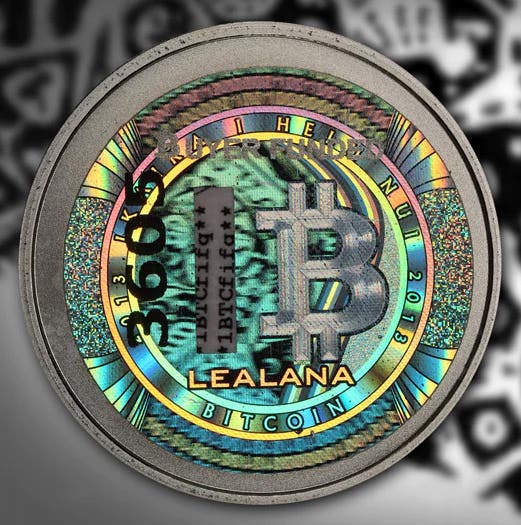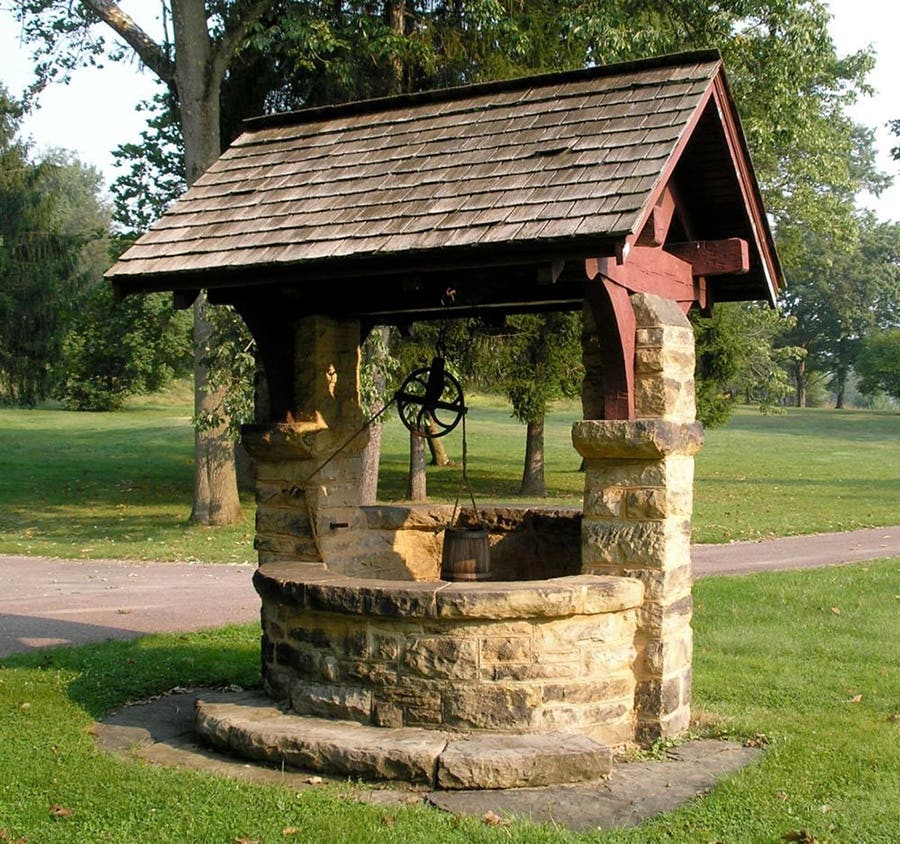Selling Coins Trickier than Buying
By Bruce Frohman Many coin collectors buy coins for years from dealers and fellow collectors before they sell a single coin. How many times have you met a collector who…
By Bruce Frohman
Many coin collectors buy coins for years from dealers and fellow collectors before they sell a single coin. How many times have you met a collector who proudly proclaims, “I never sell anything”?
In the acquisition phase of collecting, many collectors give no thought to future resale by themselves or their heirs.They whimsically accumulate an incredible array of material of various quality and value. Making purchases is very easy and pleasant, so the assumption is that selling should be equally simple. But selling coins is an entirely different side of the hobby because work is involved to find buyers.
Many collectors think that they can go to one dealer and he will cut them one big check. If one is willing to accept the bottom dollar for his accumulation, that is true. A coin dealer will often buy everything if he can pay his price.
The problem of selling comes when the collector values his accumulation higher than the dealer. Then, no deal will transpire. The collector will then start seeking other dealers for a better offer. If he does not get one, the collector will seek more and more dealers for offers until he suddenly realizes that he is asking too much.
Many collectors have a policy of never taking a loss on the sale of a coin. Those who bought via telemarketers may find that the policy will keep them from ever selling their coins.
Collectors erroneously assume that all coins appreciate in time. Clad proof sets and other modern issues have disproved that theory. Rather than accept a dealer’s offer, the collector may sense a low-ball and consider the offer a personal insult rather than see it as a business decision.
I Don’t Want Your Coins at Any Price
The biggest shock to a collector comes after a dealer outright rejects the coins offered for sale. The collector thinks that all dealers want to buy all coins so that they have merchandise to re-sell at a profit. But the business decision is not that simple.
Many dealers have piles of coins in inventory that just sit dormant. No one wants to buy the coins, so they just sit. Or the coins are held in case a customer comes along. Dealers need cash flow and cannot afford coins that don’t sell.
A collector who offers a common coin that a dealer already has in inventory may be rebuffed, just like a collector who rejects a date he does not need.
Coin dealers need cash to operate. If a collector makes an offering right after the dealer spent all his cash, the dealer may reject the offer without specifying his real reason. What business person wants to admit he is broke?
Some collectors have material to sell that is not popular locally. For example, someone selling Canadian coins in central California may be hard-pressed to find a collector of Canadian coins. Dealers in central California may be equally hard-pressed. So, a seller of Canadian coins in central California may net a lower price from a dealer than if the seller travels to Michigan, where Canadian coins are very popular and easy to sell.
Collectors of clad proof coins are disappointed quite often. Many dealers won’t buy them because sets are big, bulky and of low value. The amount of paperwork necessary to track the inventory may not justify handling them beyond a small inventory for customer convenience. Many collectors who bought multiples each year often have more sets than most dealers can re-sell in a reasonable time period.
Some collectors think that cleaning or whizzing their coins will enhance value. Then when they go to sell, their coins are rejected. Those collectors who bought culls and cheap, low-grade pieces are often equally disappointed. A collector who asks far above what his coins are worth swiftly meets with rejection. Dealers are loathe to argue about grade or value. They know what they have to pay to continue earning a living, so intimating that a dealer does not know his business will quickly terminate negotiations, often before all the coins for sale have been inspected.
Collectors feel the same way about dealers. If all the coins in a case appear overpriced, the collector usually says nothing and moves to the next table or a different coin shop.
When it comes to selling coins, don’t take rejection personally. It can happen to anyone. That is the nature of the business.
This “Viewpoint” was written by Bruce Frohman, a hobbyist from Modesto, Calif.
To have your opinion considered for Viewpoint, email submissions to numismatics@aimmedia.com.








